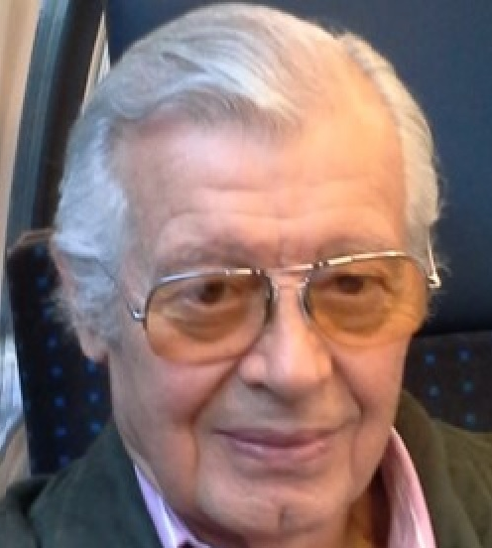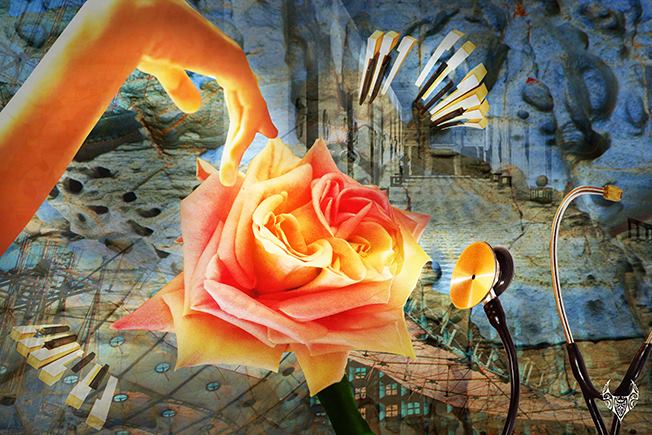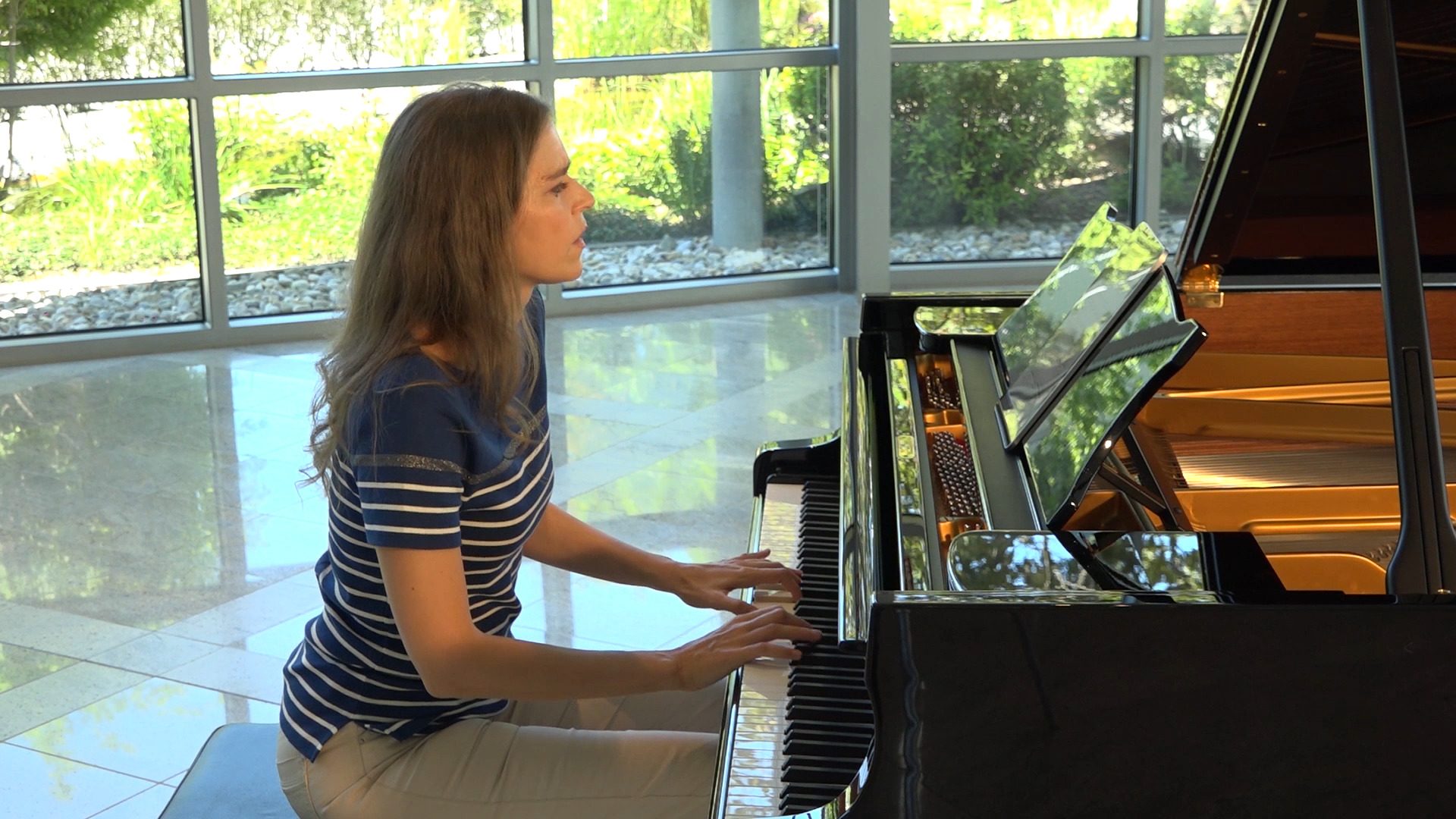About
I was born in 1935 in Argentina, and I live in Argentina. My mother played piano very well, so since I was a child I was in contact with great composers. Around 1960 I listen a LP that Astor Piazzolla had recorded in France. I was studying Harmony and one day I showed my teacher a composition in Piazzolla style. He told me that Piazzolla had to listen it, so he arranged a meeting with Piazzolla. I played to him several pieces, so he gave me his telephone number and told me to carry the scores to his apartment. He corrected all of them, but we began a friendship. Many years later I phoned him and told him that I wanted to show him a new composition. After playing that piece, my Tango barroco (Baroque tango), he told me that it was the first time he had not to correct anything. He always encouraged me to study Composition, Counterpoint and Orchestration, what I did. Since then I have released 15 CDs with my compositions."
In my web page www.saulcosentino.com you could see a pair of Astor Piazzolla' dedications. And I dedicated to him my piece "Fuera de serie" in 1972, and after he died my piece "A la memoria de Astor" (In Astor's memory)


